Industry information
Company News
- Aluminum veneer customization, creating a new trend of personalized space
- The unique charm of wood grain aluminum veneer, a new choice for home decoration!
- Curtain wall aluminum veneer, creating a new style of modern architecture!
- Wood grain aluminum veneer: the perfect combination of fashion and practicality
- Curtain Wall Aluminum Veneer: The Beauty of Architecture, Starting from the First Board
Industry dynamics
- Aluminum veneer: the beauty of architecture, simplicity is not simple
- Exploring the Charm of Punched Aluminum Veneer in Modern Architecture
- Imitation wood grain aluminum veneer, a new fashion element in modern architecture
- Why is aluminum veneer widely used in public facilities?
- Imitation wood grain aluminum veneer: a new favorite of decoration that blends modernity and tradition
Frequently asked questions
- Can the insulation function of aluminum veneer improve the comfort of buildings?
- How to evaluate the impact of the plasticity of aluminum veneer on the appearance of buildings?
- Does the production of aluminum veneer require certification?
- What are the types of aluminum veneer?
- Can aluminum veneer be applied to the exterior design of high-rise buildings?
contact us
Mobile:+86 15627778610
Email: 2201229786
Address: No. 5 Binjiang Road, High tech Zone, Zhaoqing City, Guangdong Province
What are the differences between aluminum veneer and other metal materials?
- Author: Lesilong Technology (Guangdong) Co., Ltd
- Release time: March 3, 2025 19:04:02
- Click:0
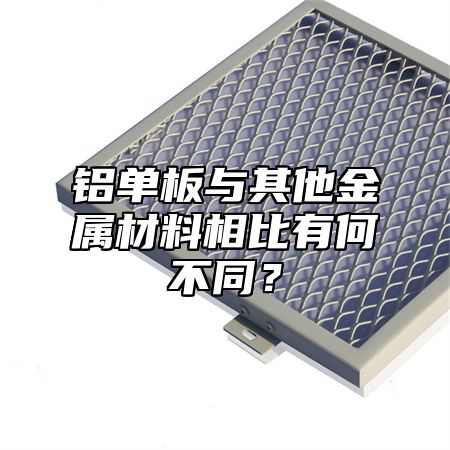
Aluminum veneerIt is a common building material that has many differences compared to other metal materials. Below, we will provide a detailed introduction to the differences between aluminum veneer and other metal materials.
1. Density and weight
The density of aluminum is 2.7g/cm3, which is lighter than other metal materials such as copper and steel. This makes the use of aluminum veneer in buildings more convenient, while also reducing the weight of the building and saving material costs.
1. Corrosion resistance performance
Aluminum has good corrosion resistance and can resist the erosion of chemical substances such as acid and alkali. Compared with metal materials such as stainless steel and copper, aluminum veneer has better corrosion resistance and longer service life.
1. Plasticity
Aluminum has good plasticity and can be processed in various ways, such as extrusion, bending, stamping, etc. This allows aluminum veneer to be customized according to needs, meeting different building requirements.
1. Thermal conductivity
Aluminum has good thermal conductivity and can quickly transfer heat. This allows aluminum veneer to effectively dissipate heat in summer and maintain a comfortable indoor temperature; In winter, it can keep warm and reduce energy consumption.
1. Price advantage
Compared to other metal materials, aluminum has a more favorable price, which makes the use of aluminum veneer in construction more cost-effective. The production efficiency of aluminum is also high, and it can be produced and supplied on a large scale.
Aluminum veneer has many differences compared to other metal materials, including density and weight, corrosion resistance, plasticity, thermal conductivity, and price advantages. These characteristics make aluminum veneer an ideal building material, suitable for decoration and protection in various occasions. Proper maintenance and upkeep should also be carried out during use to extend the service life of aluminum veneer.

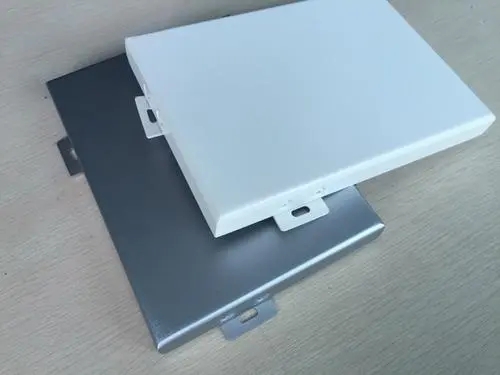
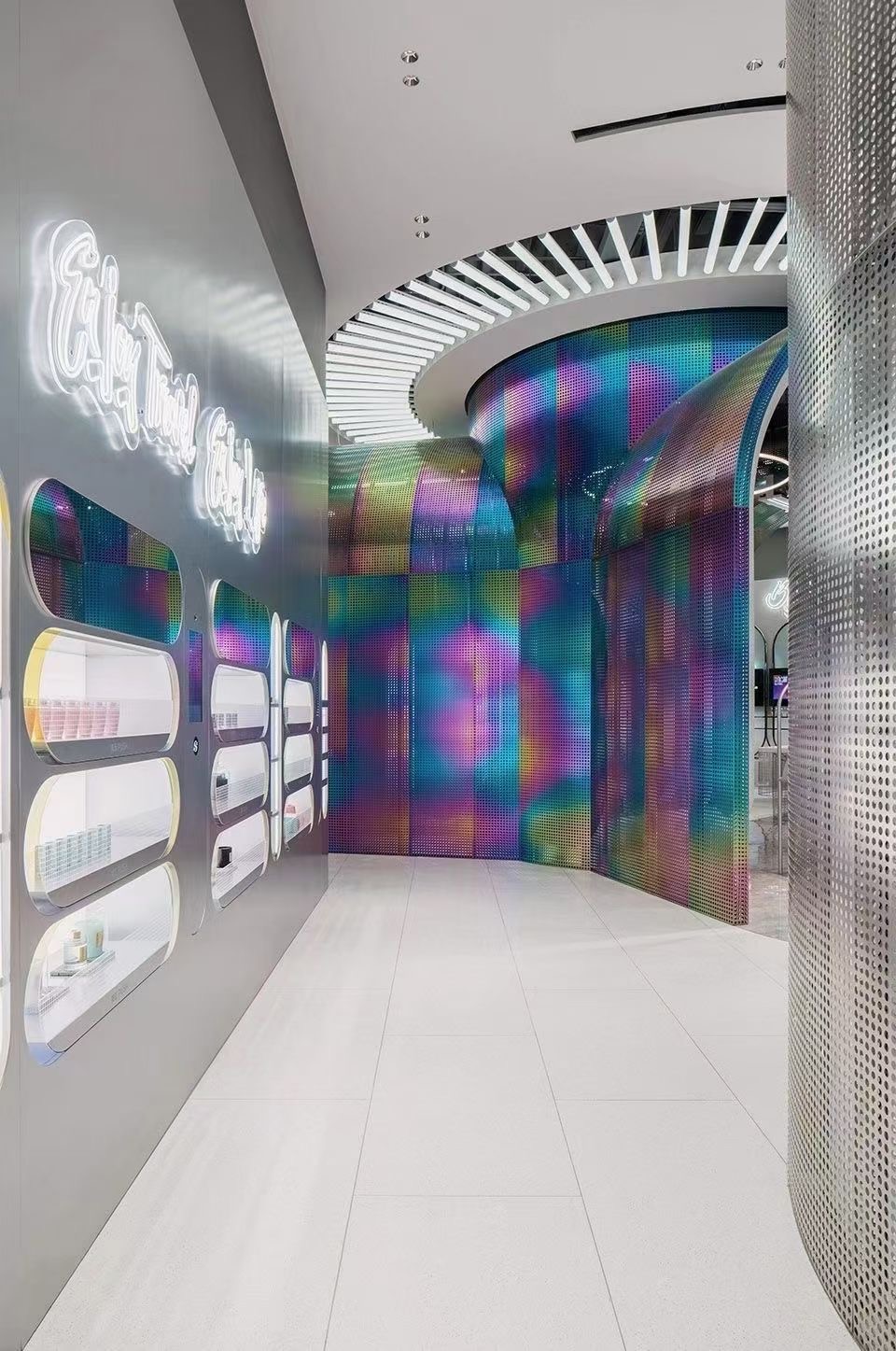
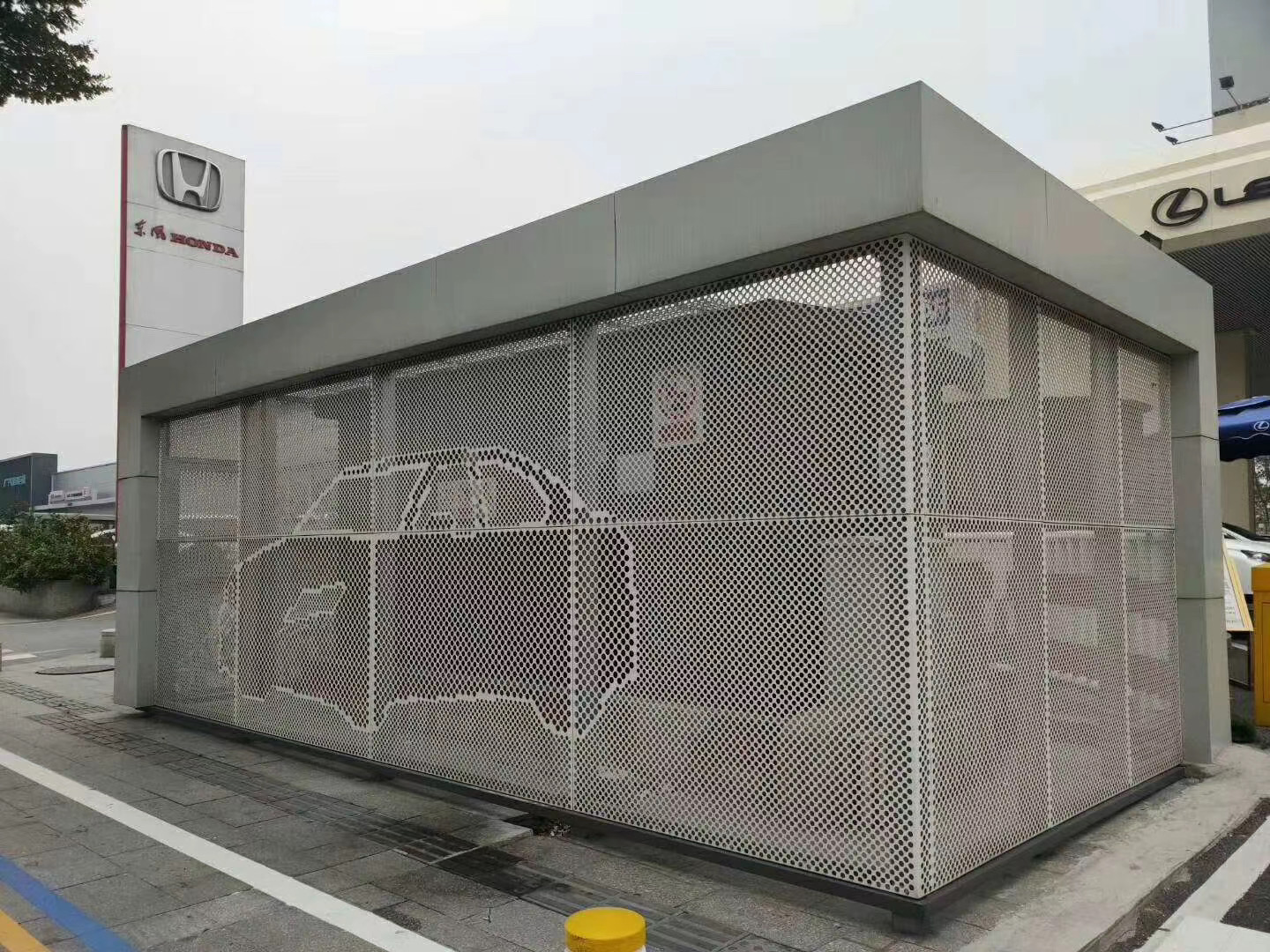
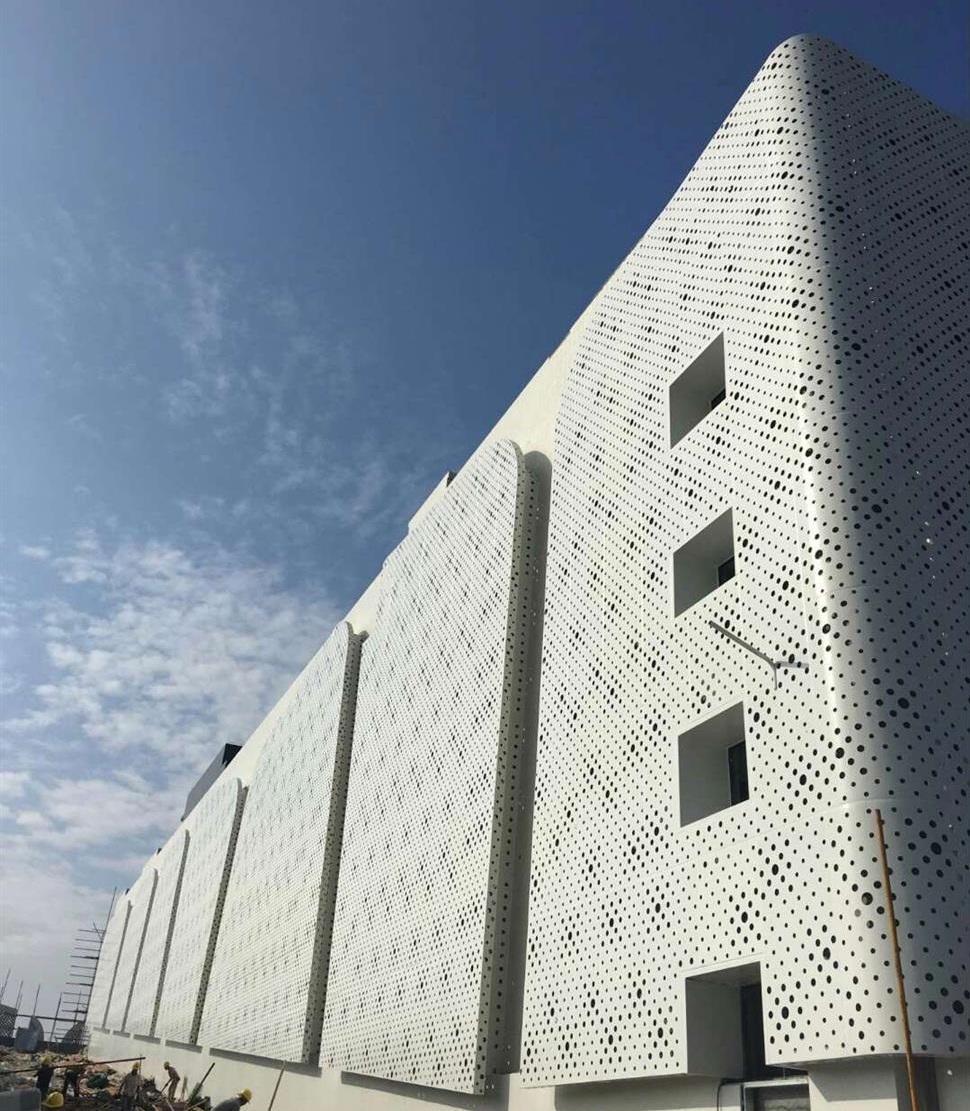
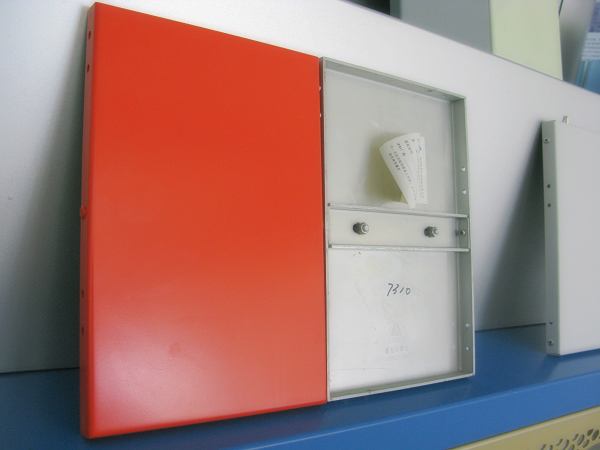
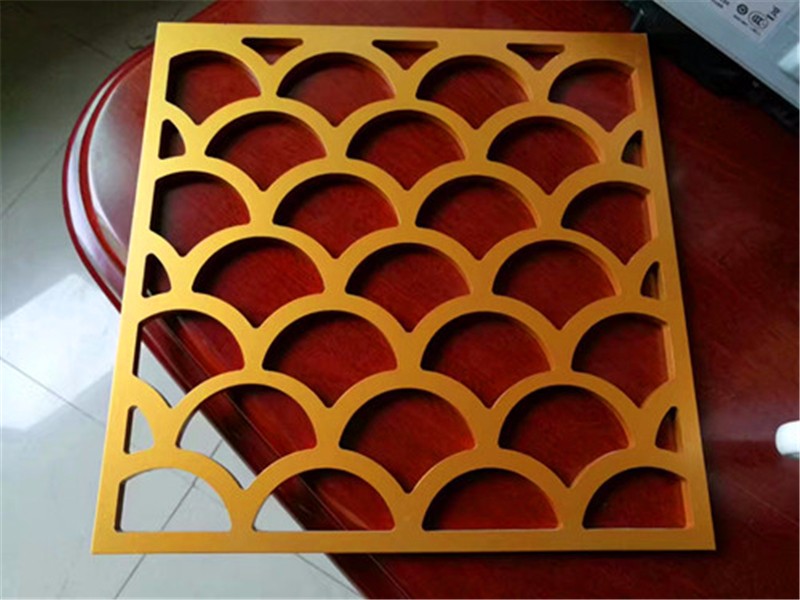
 Customer service QQ
Customer service QQ